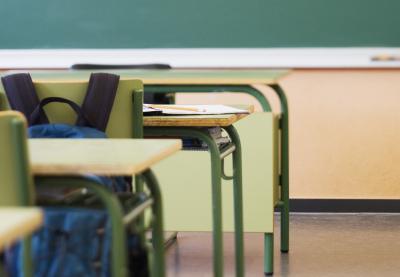“As teachers, it can be hard to let go and let young people take control. But, when given that license, how often do they actually fail us or each other?”
Samantha Schoeller

“As teachers, it can be hard to let go and let young people take control. But, when given that license, how often do they actually fail us or each other?”
Samantha Schoeller

When it comes to investing in racial justice in education, we believe that the South is the best place to start. If you’re an educator, parent or caregiver, or community member living and working in Alabama, Florida, Georgia, Louisiana or Mississippi, we’ll mail you a free introductory package of our resources when you join our community and subscribe to our magazine.